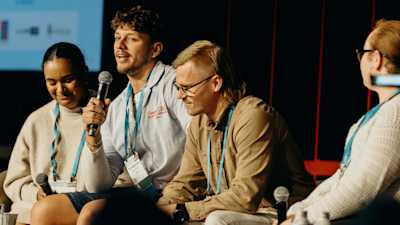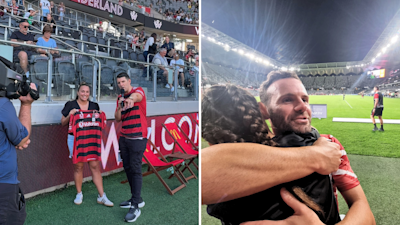Children thrive when we all understand how to play our part in keeping them safe and well.
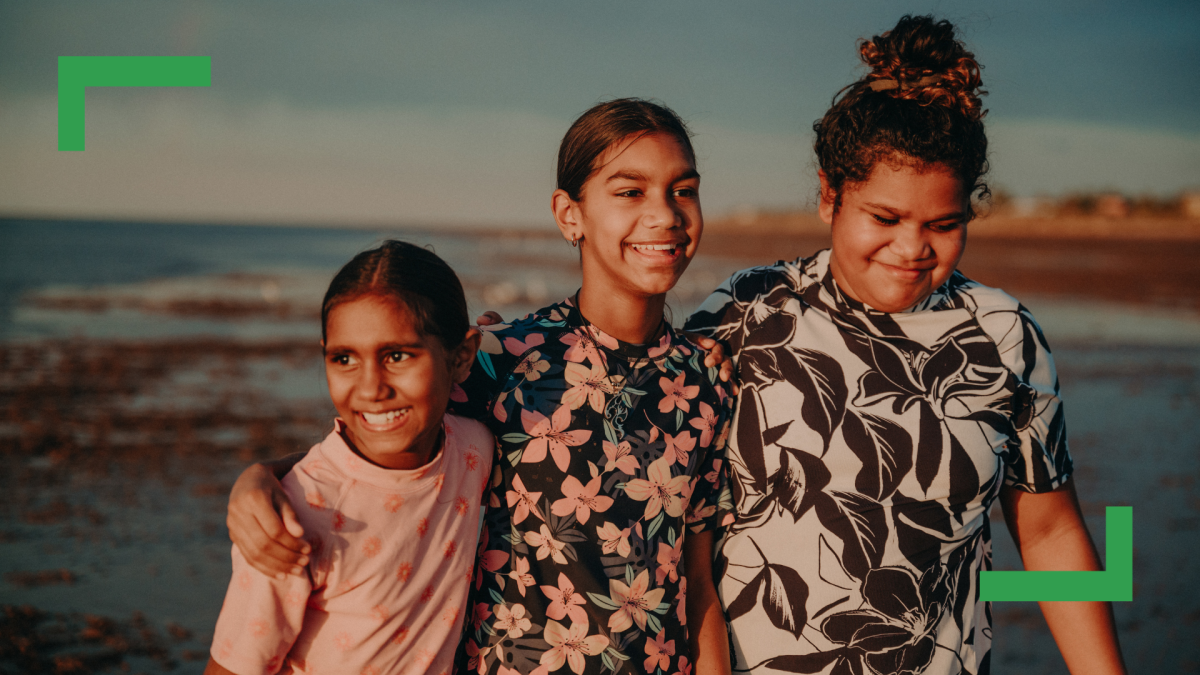
There are many things that we can all do every day in all the different aspects of our lives… in our jobs, in our families, in our neighbourhoods, in our clubs or organisations, and in our social groups.
Carers play their part to protect and care for children and young people in our community by keeping children and young people safe and providing them with a safe space in which they can thrive and grow.
Anybody who may have children in their care at some time is classified as a 'Carer'. For example, childcare workers, early childhood professionals, foster carers, friends, and healthcare professionals are all Carers.
Being a Carer can be challenging; remember, reaching out and asking for support is OK. Accept offers of help (especially the ones where cooked meals are involved)!
Here are some great tips from NAPCAN and real-life examples from Life Without Barriers.
Share your experiences and skills with other carers, and link in with services that can support you and the child/children you are caring for.
Having a support network is so important to ensure the safety and wellbeing of both Carers and children in care. In South Australia, our Carers have found a wealth of support through Life Without Barriers’ MOCKINGBIRD FAMILY™ constellations.
The constellations have united a number of foster care families, bringing experienced and new carers together to support each other. It is also an amazing opportunity for experienced carers to provide mentoring and role modelling.
Learn more about our South Australian MOCKINGBIRD FAMILY™ constellations here.
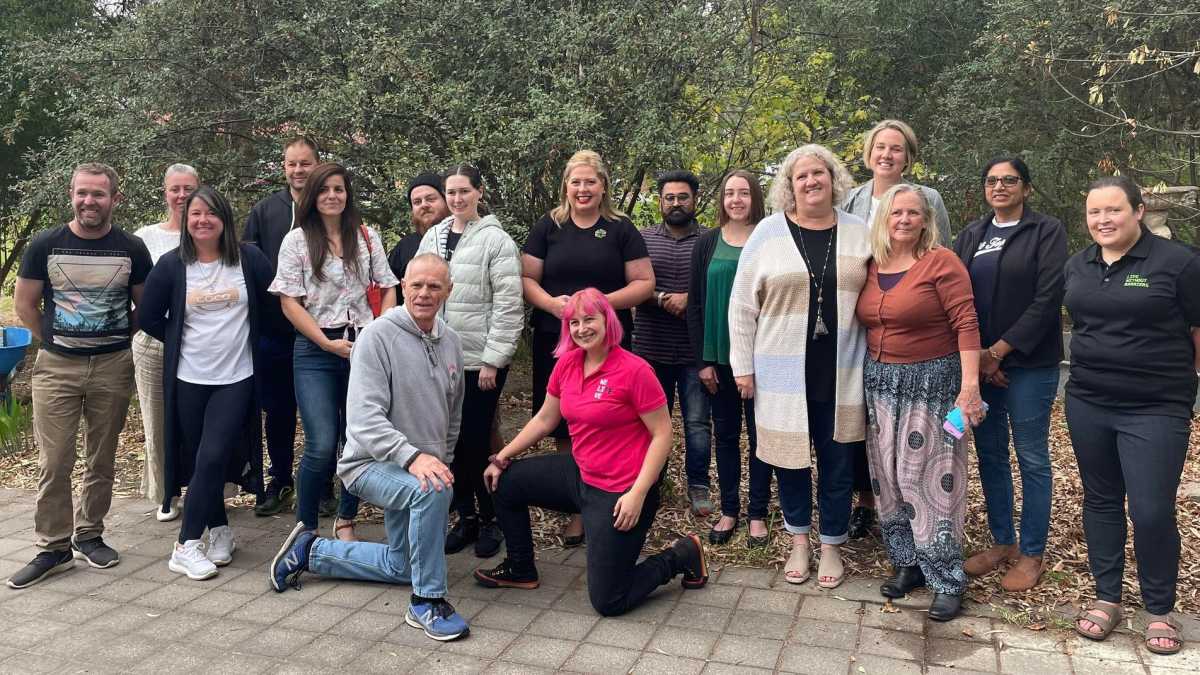
Image: Life Without Barriers staff and carers gathered in a group photo during the North-east MOCKINGBIRD FAMILY™ Constellation launch.
Discover what helps reduce your stress and assists you to best care for the children and young people in your life.
Sometimes, looking after a child’s well-being requires a whole family approach.
Through the Multisystemic Therapy (MST) program, Life Without Barriers is able to support the mental health and welling of young people and families.
MST is a family-focused and community-based program that promotes positive behaviour and decreases anti-social behaviour in young people by helping them to change how they function at home, at school and within the neighbourhood.
“MST was a positive experience for myself and my family. As a parent, I learnt more about myself and developmental skills to approach my parenting in a more positive, open manner.” Life Without Barriers’ Multisystemic Therapy participant.
Get involved in your community. Joining sporting and other community groups will help you, the children and young people to have fun and meet people.
As the saying goes, “it takes a village to raise a child”. Getting involved in the community helps Carers to expand their support network whilst also helping the children in their care connect and socialise with others.
Through MOCKINGBIRD FAMILY™, Life Without Barriers supports Carers and the children they foster to build communities and connections with other foster families.
MOCKINGBIRD FAMILY™ unites 6 to 10 foster and/or kinship carer homes called Satellite Families in a local community called a ‘Constellation’. The micro-community created focuses on the individual needs of children and carers and creates a support network of foster families with lived experience.
Through the constellations, children are able to remain connected to their community and culture, develop supportive peer relationships and thrive socially, emotionally, and academically.
Learn more about MOCKINGBIRD FAMILY™ here.
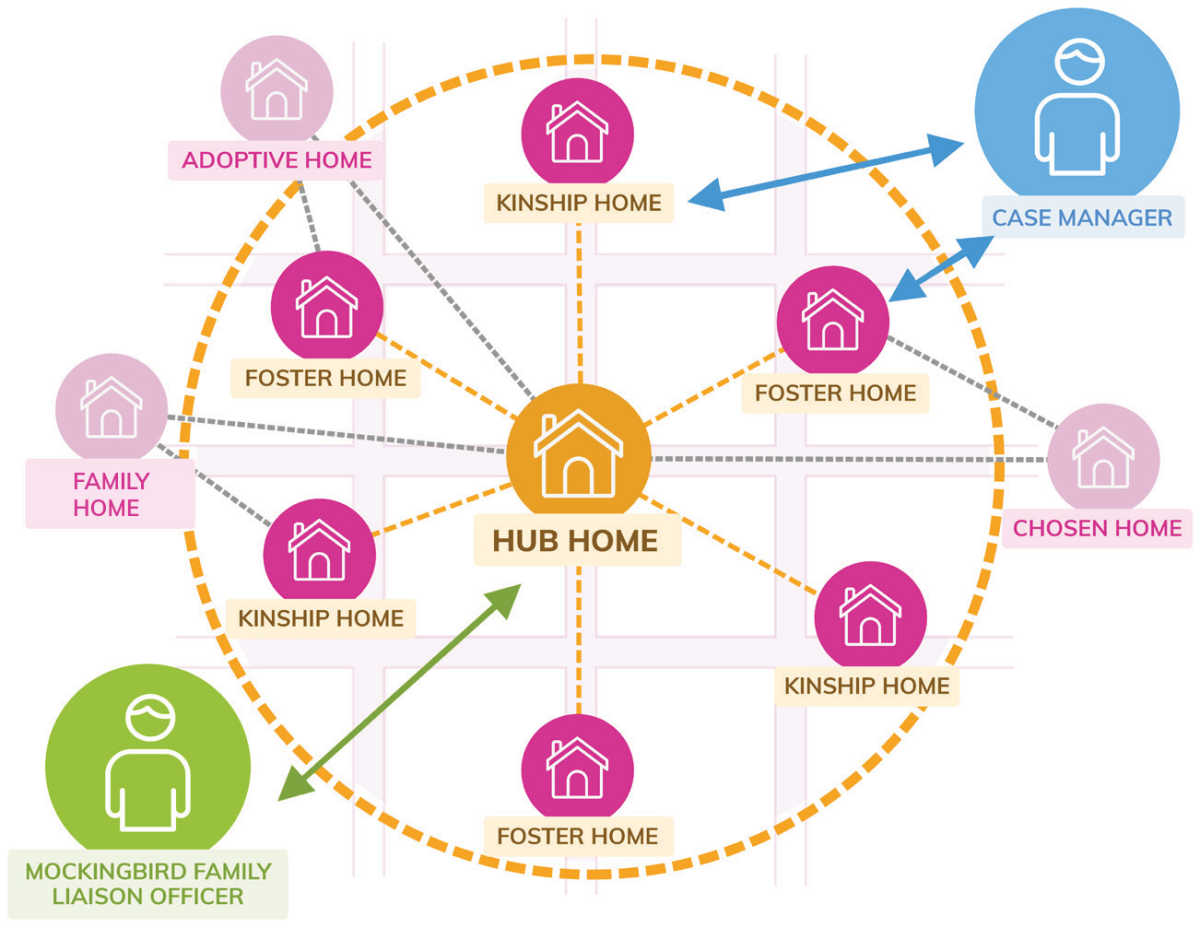
Encourage and help facilitate relationships with family members where it is possible.
At Life Without Barriers, reunification with parents or family is always the goal when a child is brought into foster care. We believe that families should – wherever it is safe and in children’s best interests – be actively involved in their children’s lives.
We work to ensure that the families of the children and young people we support feel empowered when reunified with their children.
This story about Hayden is a great example of how Life Without Barriers is there to wrap support around the families as they rebuild relationships.
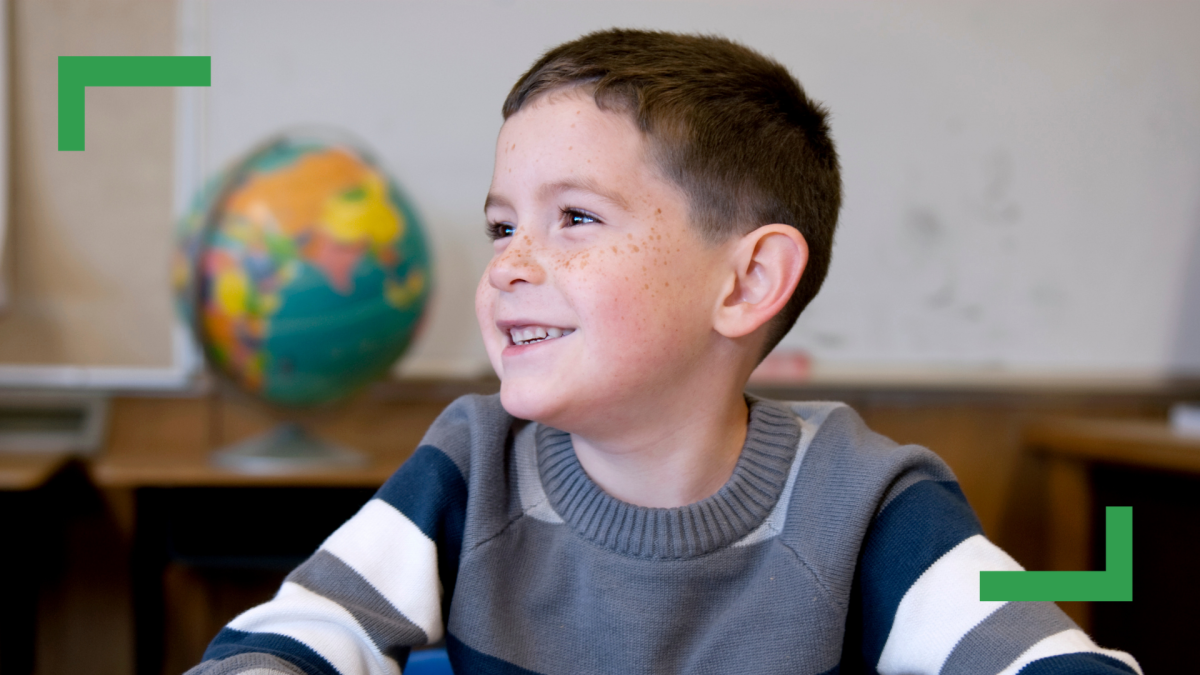
Listen to the young person and involve them in planning things. This will support their developing identity and allow you to better meet their social and emotional needs.
At Life Without Barriers, we believe in creating opportunities to hear the voices of children and young people. We are deeply committed to ensuring the children and young people we support can genuinely participate in decisions that impact their lives.
We involve young people in decisions that shape our services through advisory committees, representation on the Life Without Barriers Practice sub-committee of our Board of Directors, surveys, and focus groups.
Learn more about how we listen to children here.
Make plans for enjoyable “together time” – this can help build close relationships with those in your care.
Connecting through shared experiences is a great way to build a strong relationship with children in care. It also provides opportunities to model positive behaviours to young people and work towards a shared goal.
This story from three of our Carers in Tasmania highlights the benefits of planning your time together around sports and exercise.

Image: From the left; Mitch Langley, Georgie Todman and Lyndon Riggall.
Celebrate and support the achievements, values and interests of children and support them when times are tough. This will build a strong bond that is loving and safe.
A fundamental way to build a strong relationship with a child is to listen and connect with them over their interests.
Life Without Barriers Education Consultants often work with children who have had gaps in their education and find mainstream education to be a difficult place. This story about Mitchell, a young person in care, highlights how one of our Education Consultants, Emma celebrated his unique interests to build a connection and support his education.
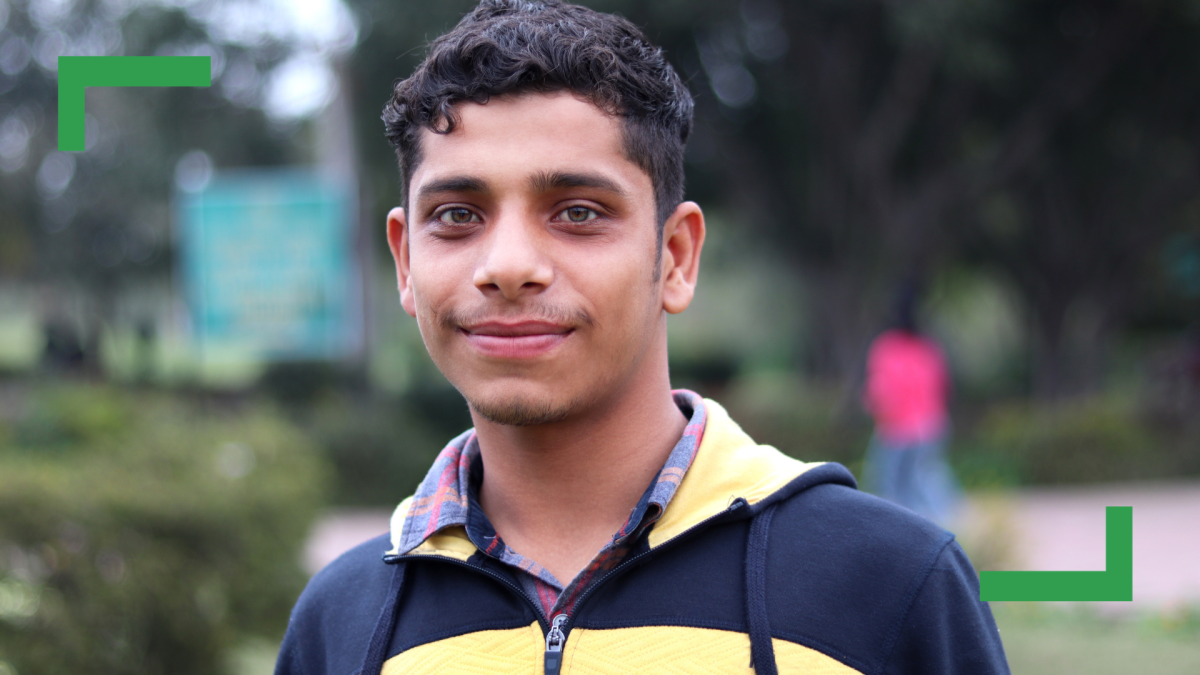
Attend a child-safe training course or information session that will further develop your skills, knowledge and understanding
Staff members and Carers in the Life Without Barriers community must act in a way that prioritises the well-being of children at all times. To do this, we are aware of the characteristics of respectful relationships with children, child sexual abuse, how offenders operate, signs of possible child abuse, and how to respond to disclosures.
Life Without Barriers staff and Carers complete mandatory training that explores these topics in detail. We have a range of educational resources and practice reforms and will continue to expand these resources as we learn more about how to keep children safe.
Learn more about how we put children first here.

